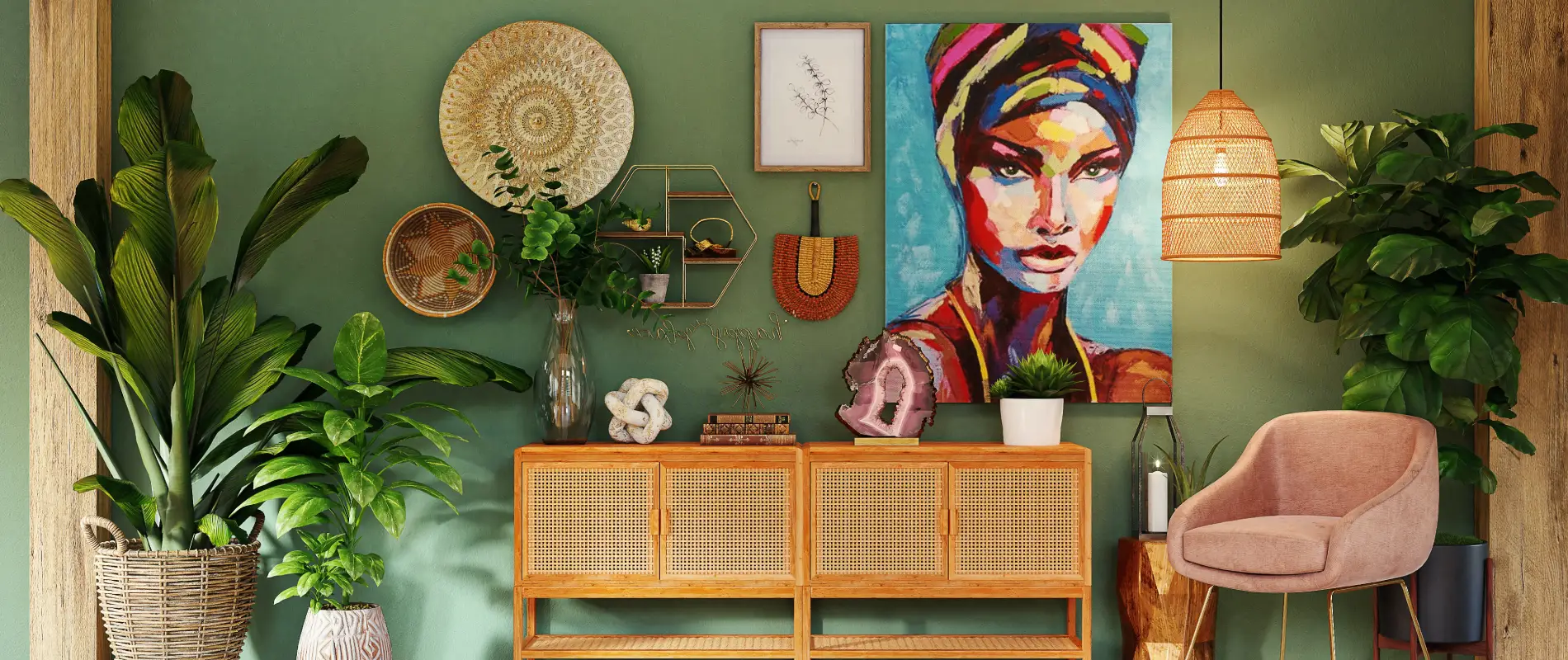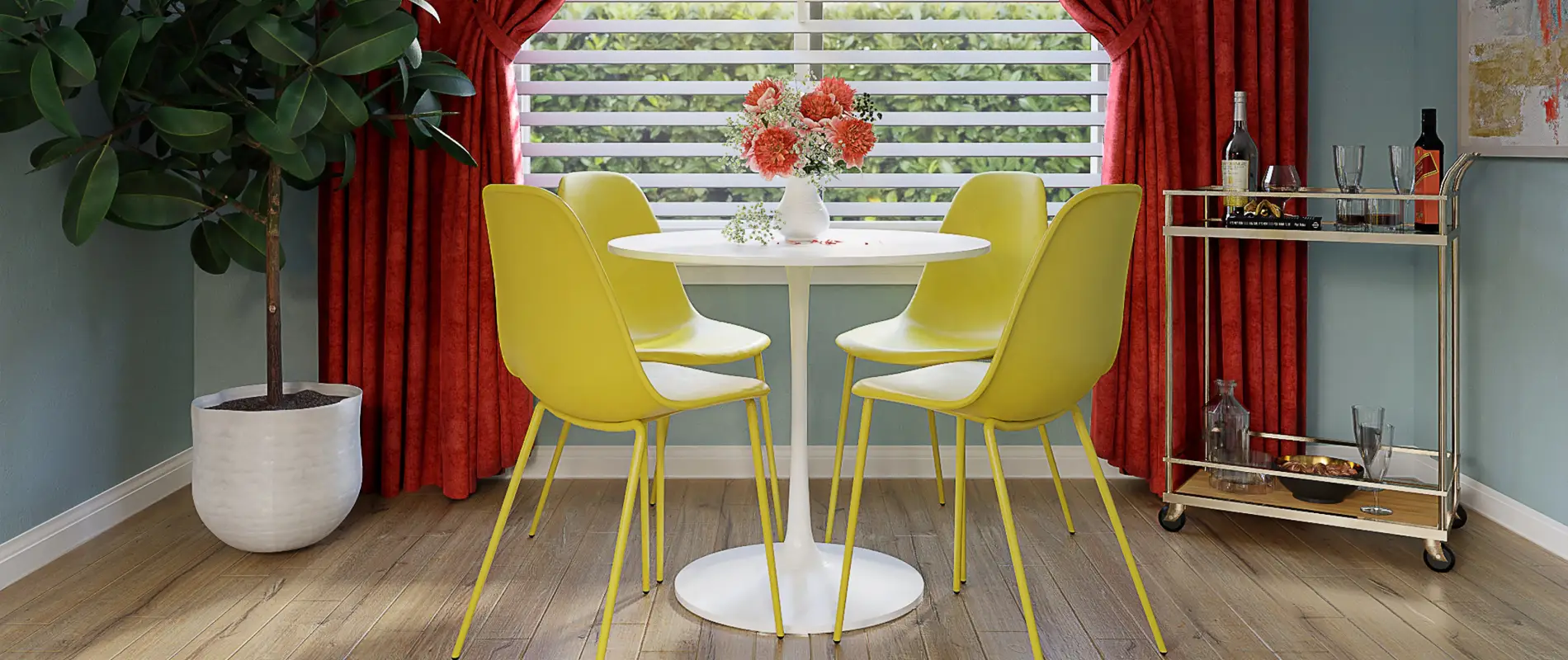Engage your audience with a fresh two-column layout
Imagine a modern, two-column layout that effortlessly blends visual appeal with clear messaging. On the left, a captivating portrait-oriented image of an individual holding a camera draws the viewer’s eye, while the right column complements it with well-structured text blocks. This asymmetrical design, with the left column narrower than the right, creates a fresh and engaging visual dynamic that stands out.
Why this design works for you
- Prominent header: The striking header, “For the next generation of big businesses,” grabs attention right away, making it ideal for communicating your brand’s vision.
- Informative text blocks: Each paragraph in the right column elaborates on your message, providing depth without overwhelming the reader.
- Minimalist aesthetic: With clean lines and a focus on essential content, this minimalist style enhances readability, ensuring that your audience grasps your message quickly and efficiently.
- Effective use of white space: The ample white space surrounding each element promotes clarity and keeps the overall design uncluttered, allowing your content to shine.
Design features to note
- Visual hierarchy: The design prioritises information flow, directing attention smoothly from the header to the text, making it easier for your audience to follow along.
- Responsive potential: While primarily designed in two columns, this layout can easily adapt to single-column views on smaller screens, ensuring your content looks great on any device.
- Accessibility-focused: Clear text presentation supports readability, essential for reaching a wider audience. Consider adding alternative text for images to improve accessibility further.
By integrating this layout into your WordPress website, you’ll create an engaging, visually appealing space that effectively communicates your business offerings while keeping your audience captivated. Don’t miss the opportunity to elevate your content presentation-try this innovative design today!
Organising content in WordPress
Create categories for clarity
In WordPress websites, categories help organise content efficiently by grouping related posts. This structure ensures visitors quickly find topics of interest, enhancing user experience and engagement. They also improve your blog’s SEO by helping search engines understand your site structure.
Utilise tags for detailed organisation
Tags serve as micro-categories, providing a finer organisational layer. They connect related content pieces in a non-hierarchical way, enhancing navigation on your WordPress website and keeping users engaged with more of your content.
Create a custom nav menu
Crafting a custom navigation menu allows you to arrange links logically, improving site usability. With the WordPress navigation menu feature, visitors can easily access critical pages, ensuring a seamless browsing experience.
Implement a landing page template
A landing page template focuses on a specific purpose or outcome. Templates in WordPress simplify design processes, ensuring consistency and effectiveness in converting visitors into leads or customers.
Use widgets on your sidebar
Widgets such as recent posts or search bars can enhance functionality and user engagement. They provide quick access to additional information or navigation points, enriching the WordPress pattern library browsing experience.
Consider taxonomies for larger sites
Taxonomies, a classification system in WordPress websites, allow for categorising content efficiently, essential for larger sites managing diverse content types, facilitating user access to specific information.
Implement content grouping plugins
Plugins for content grouping in Elementor Alternatives enable advanced post organisation, assisting in creating well-structured, easily navigable sites for enhanced user interaction.
Arrange posts by author
Displaying posts by their author aids users in finding all content from a preferred writer, fostering community and increasing user retention on your WordPress websites.
Create a chronological blog roll
A chronological blog roll helps readers track content evolution, offering visitors a simple way to follow your blog’s latest updates. This format also highlights the consistency and regularity of content addition.
Utilise the archive page
An archive page in WordPress websites centralises older posts in an easy-to-access area, allowing users to dive deeper into past content, thereby extending their interaction with the site.
Types of content in WordPress
Blog posts for dynamic content
Blog posts are the backbone of many WordPress websites. They are regularly updated, making them ideal for fresh, dynamic content that engages and informs your audience.
Static pages for core information
Static pages provide essential, largely unchanging information such as about, contact, or policies. They form the stable foundation of your WordPress website, critical for conveying key messages to visitors.
Portfolio for showcasing projects
A portfolio in WordPress enables creatives to display their work visually. It’s a great content type for photographers, designers, or developers looking to showcase their work professionally.
E-commerce product pages
E-commerce product pages are crucial for WordPress websites selling goods. They provide detailed information about each product, helping convert visitors into customers through compelling descriptions and images.
Landing pages for conversions
Landing pages are designed to capture visitors’ attention for specific campaigns, often focusing on calls to action. They are essential for lead generation and increasing conversion rates on your WordPress website.
Custom post types for versatile content
Custom post types allow you to create varied content beyond traditional posts and pages, adapting your WordPress website to suit unique business needs or niches.
Multimedia uploads
Multimedia uploads, including videos, podcasts, images, and slideshows, enrich your WordPress website, ensuring diverse content that caters to varied audience preferences.
Testimonials for credibility
Testimonials highlight customer satisfaction and bolster credibility in potential clients’ eyes. Including these on your site enhances trust and encourages engagement.
Forums for community building
Forums encourage community interaction and user-generated content, providing value to your audience and fostering loyalty through engaged discussions.
Event calendars for engagement
Event calendars help organise and publicise upcoming events, webinars, or meetings efficiently. They engage visitors by providing opportunities to interact with your business beyond digital content.
Conclusion
Incorporating a fresh two-column layout into your WordPress website brings your design to life with its captivating dynamics. Pairing this with strategic content organisation not only entices your audience but also enhances their journey through your site. Embrace the versatility of different content types, and you’ll turn your digital space into a beacon of engagement and effectiveness. Whether you’re building from scratch or reinventing an old favourite, using tools from the vast WordPress ecosystem, like AI website builders or WordPress navigation menus, will surely optimise your efforts for future success.




